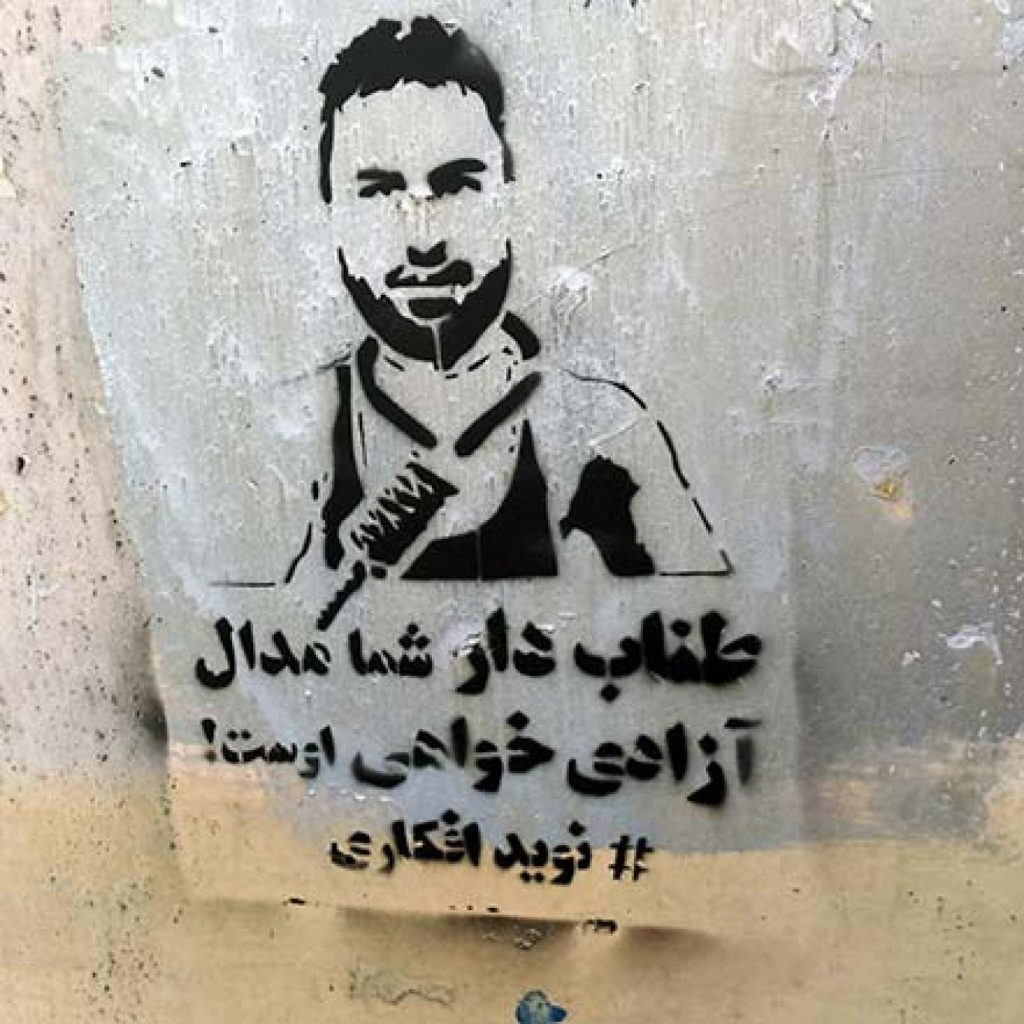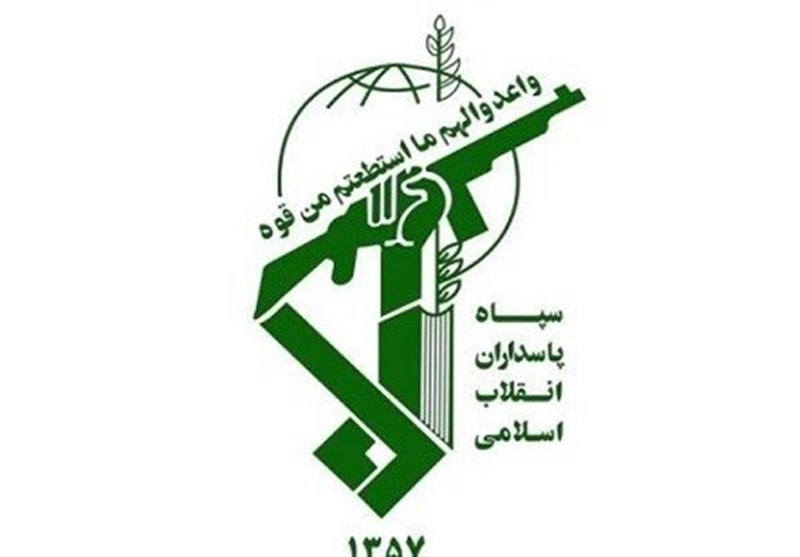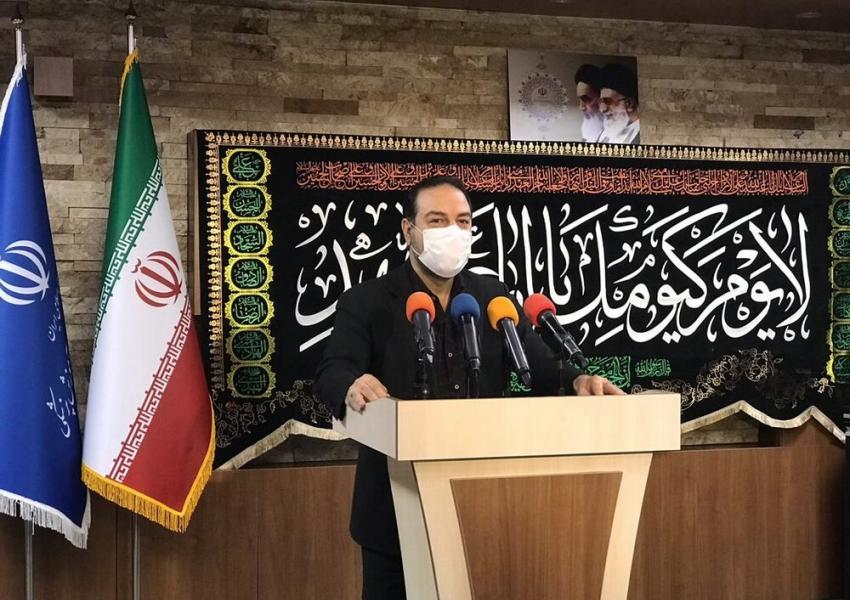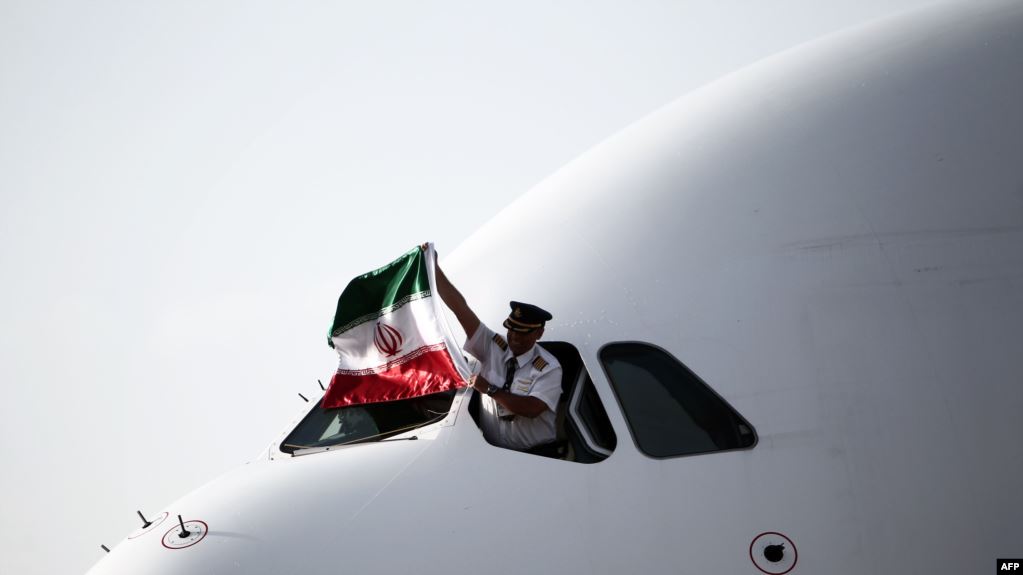
Ministry of Industry, Mine and Trade Without a Minister in the ‘Year of Leap in Production’
No minister has been appointed to lead Iran’s Ministry of Industry, Mine and Trade for months. The editorial by Jahan Sanat explains how this has added to the problems and chaos in the market and economy.
The story of Hassan Rouhani’s government appointing a minister to head the Ministry of Industry, Mine and Trade has continued for a long time. Not having a minister at this ministry will certainly create many problems for the industrial, mining and trade sectors, particularly given that during the past six months Iran’s economy has been battered by US sanctions and the coronavirus. As such, any delay in policymaking will have irreparable repercussions for Iran’s deteriorating economy.
The truth is that the ministry that should be in charge of creating market stability is struggling with managerial problems. In recent months, the prices of essential goods have soared unbelievably, and we are witnessing chaos in the market while no one is held accountable for the inflation and chaos.
During the past six months, three people with totally different viewpoints were put in charge of this ministry, with each making some removals and appointments which only resulted in more instability and confusion in the market.
How can the government manage and regulate the markets with such a ministry? While the country is in a total economic war with the United States, it is only rational for the government and the Parliament to get together and stop this damaging process by appointing a worthy manager to this ministry. Perhaps this might resolve some problems in the market.
It seems that there have been a lot of disagreements and differences in Rouhani’s government over appointing someone to this ministry. As a result of these disagreements and differences, Iranian households have suffered from high inflation and economic pressures.
The Iranian supreme leader has described this Iranian year as the year for a leap in production. In such a year, the expectation was that the minister running the Ministry of Industry, Mine and Trade would take the lead in the economic war focusing on resolving people’s problems. But in recent weeks, this ministry has just witnessed political disputes among its officials.
Rouhani’s government has already frustrated people with its performance. But all evidence points to the fact that Hassan Rouhani is not going to change his policies. He would rather continue to keep the status quo and try to pacify people through his speeches.
Amidst US sanctions and the coronavirus crisis, Iran’s industry and production sector have become exhausted and every day more people are added to the list of unemployed. Appointing a minister to lead this ministry could have partially stopped the shutdown of some factories and could have prevented workers from becoming unemployed.
How did we get Here?
The editorial of Aftab Yazd focuses on how Rouhani’s promises have not come true and whatever moves his government makes backfire and only make living conditions worse for the people.
Iranian president Hassan Rouhani recently said: “People know that under the [US] sanctions, their water and electricity are not cut off; these things have made them trust us.”
Now if tomorrow the electricity and water are cut off in Iran, no one should be surprised. At least this year, whatever promises the president has made have not materialized. The recent case was that of an economic opening in the country. Before the president’s promise for an economic opening, the price of the dollar was 22,000 tomans, the gold coin was valued at 10 million tomans, and the stock market was growing with people investing in it.
But after Rouhani’s made this promise, the dollar’s price soared to 27,000 tomans and the gold coin reached an unprecedented 13 million tomans.
We don’t know how Hassan Rouhani feels about this, but what has happened is quite embarrassing! In 2017, while Rouhani was campaigning in the presidential elections, he made big promises about lifting sanctions and bringing economic prosperity to the country. Now the Iranian people are told they should be grateful because their water and electricity are not cut off!
Economic Conditions in Iran
The editorial of Aftab Yazd criticizes the Iranian executive and legislative branches for not making any moves to fix the deteriorating economic conditions in the country.
The government’s support programs have not helped to save Iranian families from their tough, sad conditions. And people have not been able to improve their own economic conditions. It seems that the country’s economic management is not working, and there is no resolve for finding a solution to people’s problems.
The realities on the ground and the frustrating statistics have had a terrible psychological impact on society, resulting in growing depression, anxiety, hopelessness and violence. Under these tough circumstances, people think that the existing economic crisis is because of a lack of transparency by the government and policy makers.
Many economists and experts hold that the existing policies, rent seeking and corruption are the main causes of the terrible economic conditions which exist in Iran. Amidst all this, millions of people have lost their livelihoods. Nothing has moved forward as planned, and it seems unlikely that many social groups would be able to stand on their own feet in upcoming months.
Meanwhile, it is not clear what the executive and legislative branches are planning to do and this can lead to a catastrophe. This is an emergency situation, but the government has turned a blind eye to it which will push the country towards a catastrophe.
If no big moves or decisions are made, it might become too late. The planned economic policies are not working and are just putting people under unnecessary pressures. Unemployment, inflation and high prices are on the rise, but this undeniable fact is denied.
Once the legislators and the executive branch had the chance to stop this terrible economic condition, but no political, social or cultural effort was made to save the economy.
Education Mustn’t Create Discrimination
The editorial of Etemad focuses on the symbolic implications of eliminating images of girls from third grade math books, considering it a discriminatory move and an attempt to reinforce the dominance of the government’s ideology.
Images of girls have been eliminated from the cover of third grade math books. Much worse was the way the education minister tried to justify this by asking the Organization for Educational Research and Planning to explain this issue. They said they had wanted to make the book cover’s images less crowded. Ironically, to make the cover less crowded, they just eliminated the images of girls, and not boys.
The covers of these books have symbolic significance. All over the world, modern education seeks to eliminate economic, racial, religious, gender discrimination. By attempting to eliminate gender discrimination and promote inclusivity, the cover image of this book, knowingly or unknowingly, went against the wishes of the first generation of revolutionaries in Iran.
In the first decade after the revolution, we had somewhat moved in the direction of eliminating discrimination. Right now, Iranian girls have a good record in higher education – that is why such incidents can be costly. Education aims at eliminating – not generating – discrimination. What happened to the cover of this book is symbolic of the changes that have been made to the contents of educational books as well. These changes represent the dominance of a certain ideology and worldview which is reflected in coursebooks.

Global Reactions to the Execution of Champion Wrestler Navid Afkari

Following the sudden announcement of the execution of Navid Afkari, the 27-year old Iranian wrestler, on Saturday, the entire world – from America’s Joe Biden to the EU and human rights and sports organizations – condemned it.
Navid Afkari was sentenced to death on the charge of “fighting with God” and killing a security officer during the protests in the city of Shiraz two years ago. He was tortured and forced to confess to killing a security officer. His two brothers were given long-term prison sentences.
Without any prior notification to him, his family or his lawyer, Navid was executed early in the morning and buried overnight.
In a tweet, US Secretary of State Mike Pompeo denounced the execution of Navid Afkari as “a vicious and cruel act,” condemning it “in the strongest terms.”
Democratic nominee Joe Biden condemned the execution, declaring his support for all political protesters. In his message, Biden called for releasing all political prisoners and all Americans who are imprisoned in Iran.
The spokesperson for the European Union tweeted that the EU is against execution under any circumstances, urging that any interactions with Iran must center around human rights.
Amnesty International also issued a statement condemning this clandestine execution, saying that “the clandestine execution of Navid Afkari, the champion wrestler, without informing Navid, his family, and his lawyer after an unfair trial, is a travesty of justice that needs immediate international action.”
Five senior experts of the United Nations, including UN Special Rapporteur on Iran Javaid Rehman, issued a statement expressing their regrets about the execution of Navid Afkari while expressing their sympathies to his family. These UN human rights experts urged that “it is deeply concerning that Iranian officials used the execution of a sportsman to intimidate people during this time of social unrest.”
Along with many Iranian and international artists and celebrities, Reza Pahlavi too condemned the execution of Navid Afkari, expressing his sympathies to Afkari’s family: “Leaders of the Islamic government should know that with killing and burying a young man overnight and with depriving his mother of a last meeting with him, the nation’s protests will not be silenced. Thousands like Navid will grow in the streets.”
IRGC Threatens Bahrain With “Harsh Revenge” Over Deal With Israel

The Islamic Revolutionary Guard Corps (IRGC) issued a statement condemning the normalization of relations between Bahrain and Israel, warning Bahrain that it will “receive worthy responses” for this measure. Meanwhile, Bahrain’s interior minister said that normalizing relations with Israel will protect his country against “constant threats” from Iran.
This Iranian military organization warned that Bahrain must expect “harsh revenge” by those whom the statement describes as “Quds fighters.”
The IRGC expressed concerns about “opening the doors of influence and the entrance” of Israel “to the strategic region of the Gulf and Sea of Oman.” The organization said that Bahrain’s measures in normalizing relations with Israel are “foolish and lack any legitimacy” and those behind it will face “the wave of holy rage and harsh revenge.”
On Friday, US President Donald Trump announced the normalization of relations between Bahrain and Israel, calling it a “historic” deal for peace in the region. Last month, he had announced the normalization of relations between the UAE and Israel.
The normalization of the relationship between Israel and the UAE was the first case of establishing diplomatic relations between an Arab country and Israel in 20 years.
The Iranian foreign ministry also strongly condemned the normalization of relations between Bahrain and Israel, adding that Bahrain has “sacrificed” the Palestinian cause to the presidential elections in the United States.
In reaction to this move, a senior official from Iran’s defense ministry also threatened both the UAE and Bahrain for normalizing their relations with Israel, calling it “treason.” He has added that “we warn the traitors that they should wait for the wrath and revenge of the Islamic community and resistance groups.”
Following the announcement of the normalization of relations between Israel and Bahrain, Palestinian groups, Turkey, and Iran condemned it, while many countries like Egypt, the UAE, and Britain have welcomed and announced their support for it.
Tehran Heads Towards the Third Wave of the Coronavirus

The head of the Headquarters for Combating Coronavirus in Tehran has warned that the number of COVID-19 infections in the capital city is increasing. According to Alireza Zali, on Monday more than 659 coronavirus patients were hospitalized in Tehran province, a surge compared to the week before.
He added that despite a gradual rise in the number of COVID-19 patients, it can be forecasted that Tehran is heading towards the third wave of the coronavirus.
Tehran is in the coronavirus red zone, along with 12 other provinces including Qom, Mazandaran, and Semnan – all three of which neighbor Tehran.
Zali warned that the third wave of the coronavirus will reach Tehran sooner than other provinces.
Meanwhile, in his first official remarks after the holding of religious ceremonies and permitting travel during the month of Moharram, as well as the reopening of schools, Iran’s health minister confirmed that the number of coronavirus patients has doubled in Tehran.
Deputy to the health minister Alireza Raisi said on Tuesday that the number of coronavirus patients in Tehran has increased from 900 to 1,800. He added that when health protocols are not properly observed, there is a rise in the number of patients.
In recent weeks, the government’s policies for allowing Moharram ceremonies to be held and the reopening of schools have been strongly criticized and many experts have warned of an upsurge in coronavirus infections following these events.
Raisi also pointed to the similar rise in coronavirus infections in some other provinces. According to the Health Ministry’s statistics, 13 provinces are in red zones and 15 provinces are in yellow zones.
Moharram ceremonies were held with the permission of the National Headquarters for Combating Coronavirus and the approval of senior government authorities. At that time, it was warned that during the ceremonies it would be impossible to observe social distancing and health protocols.
96 Percent Drop in International Passengers in the Iranian Air Industry

The CEO of Iran Airport Company says that the number of international passengers in the company’s airports has witnessed a 96 percent drop compared to the same period last year.
Siavosh Amir-Mokri also added that in addition to the significant drop in the number of domestic and international passengers, there has been a 50 percent drop in air cargo demand as well.
He said that in the month of July, flights to and from his company’s airports had decreased by 27 percent and the number of passengers showed a 42 percent drop compared to the same period last year.
This air navigation official blamed the coronavirus outbreak as the main cause for the drop in Iran’s air industry and airports.
Accordingly, at least 80 percent of landing and departures of all flights were at the 10 main airports of Iran including Mehrabad, Mashhad, Shiraz, Ahvaz, Kish, Isfahan, Bandar Abbas, Tabriz, and Yazd.
With the United States pulling out of the nuclear deal and placing heavy sanctions on Iran, the Iranian air fleet suffered one of its worst periods in 2019. Meanwhile, the coronavirus crisis and the cancellation of many flights made the situation worse.
Recent fluctuations in the currency rate in past months have exacerbated the situation, resulting in astronomical ticket prices and more and more empty seats for different airlines.
